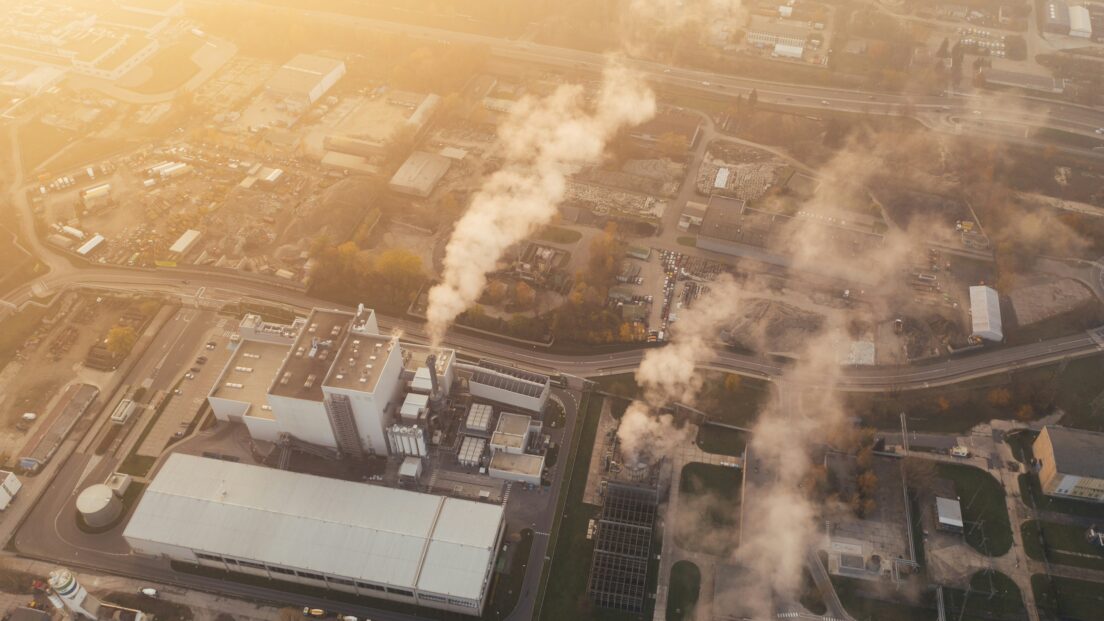CO₂ reporting obligation in the construction industry

Swiss construction companies are increasingly focussing on the topic of carbon footprints. With the amendment of the CO₂ Act, the pressure to measure and verify emissions is increasing. A decisive step for competitiveness and participation in major projects.
According to the new requirements in the Swiss Code of Obligations, certain companies are obliged to systematically measure and disclose their CO₂ emissions. Companies that cause high emissions or are involved in complex supply chains – including construction companies, craftsmen and manufacturers of building materials – are particularly affected. Building owners and major projects are increasingly demanding proof of the corporate carbon footprint (CCF), meaning that companies wishing to participate in tenders will sooner or later be obliged to submit CO₂ reports.
CO₂ accounting – what is important
The CO₂ accounting of companies in the construction industry is based on three main areas, also known as scopes. Scope 1 comprises direct emissions from own facilities and vehicles, such as those generated by the use of construction vehicles. Scope 2 takes into account indirect emissions from purchased energy, such as electricity consumption. Scope 3 refers to indirect emissions along the entire value chain, i.e. emissions generated during the production and transport of materials such as concrete and steel.
Scope 3 emissions often account for the largest share in the construction industry in particular. In fact, up to 90% of emissions can be generated indirectly, which is why a comprehensive carbon footprint should also take the entire supply chain into account. It is therefore particularly important for craft businesses and manufacturers to accurately record the Scope 3 area in order to fully map and optimise their emissions balance in the long term.
Act now
Even for companies that are not yet directly required to report, it can make sense to draw up a carbon footprint at an early stage. Sustainable practices are increasingly becoming a decision-making criterion in tenders, and proof of reduced emissions may soon be an important competitive factor. A clear CO₂ strategy signals to your business partners and customers that you want to play an active role in shaping the future and are equipped to meet the requirements of the construction industry.
Save costs through measures
Construction companies and material manufacturers that are preparing for a CO₂ balance sheet have the opportunity to reduce emissions and operating costs through energy-efficient machines or optimised transport routes. These savings not only protect the environment, but can also create long-term economic benefits.